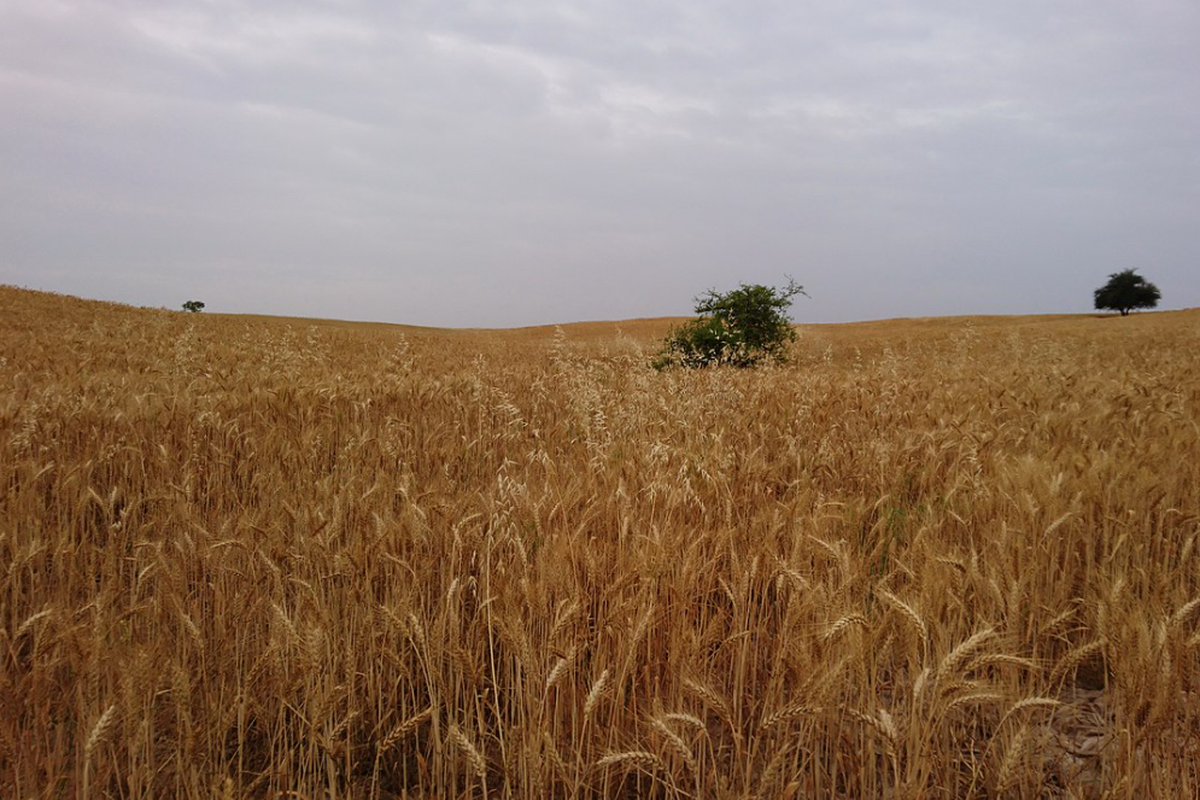
Russia and Ukraine together account for about 30 percent of global wheat exports, nearly a fifth of the corn trade, and about 80 percent of sunflower oil exports. Both are key suppliers of wheat to the Middle East and Europe. Turkey and Egypt are the largest importers of Russian wheat.
Experts fear that Russian military operations would further increase food prices in countries like Libya, Yemen, and Lebanon, deepening the food crisis in those countries.
The conflict is already disrupting exports from Black Sea ports, which are used to ship grains to Asia, Africa, and the European Union. On Monday, Egypt was forced to cancel a tender to procure wheat after receiving only a few offers, and at very high prices.
Inflation to continue raging
For most people around the world, the economic impact of the Ukrainian conflict and sanctions would be felt in the form of higher inflation caused mainly by higher energy, metal, and food prices.
Also read: Indonesia Continues to Evacuate its Citizens from Ukraine

Aluminum prices have soared to a record high, surpassing the peak it hit in 2008 during the global financial crisis. Traders fear that sanctions against Russia and retaliatory measures from Moscow could disrupt the global aluminum supply. Russia produces around 6 percent of the world's aluminum.
The supply of the energy-intensive metal would also be hit by higher energy prices and power shortages which could lead to more plants being shuttered.
"Fresh global supply chain disruptions are a key risk and, at the very least, prices for these commodities are likely to remain elevated for some time, keeping global inflation higher for longer," Jason Tuvey from Capital Economics said.
The invasion risks derailing global economic recovery from the pandemic, complicating matters for policymakers who are expected to tighten the money supply to contain inflation which was hovering at decades high in countries such as the US and Germany even before the war.
The uncertainty around economic recovery could ultimately delay central banks' plans to raise interest rates, which means ultracheap mortgages and personal loans could stay around for a little longer.
Simak breaking news dan berita pilihan kami langsung di ponselmu. Pilih saluran andalanmu akses berita Kompas.com WhatsApp Channel : https://www.whatsapp.com/channel/0029VaFPbedBPzjZrk13HO3D. Pastikan kamu sudah install aplikasi WhatsApp ya.
































